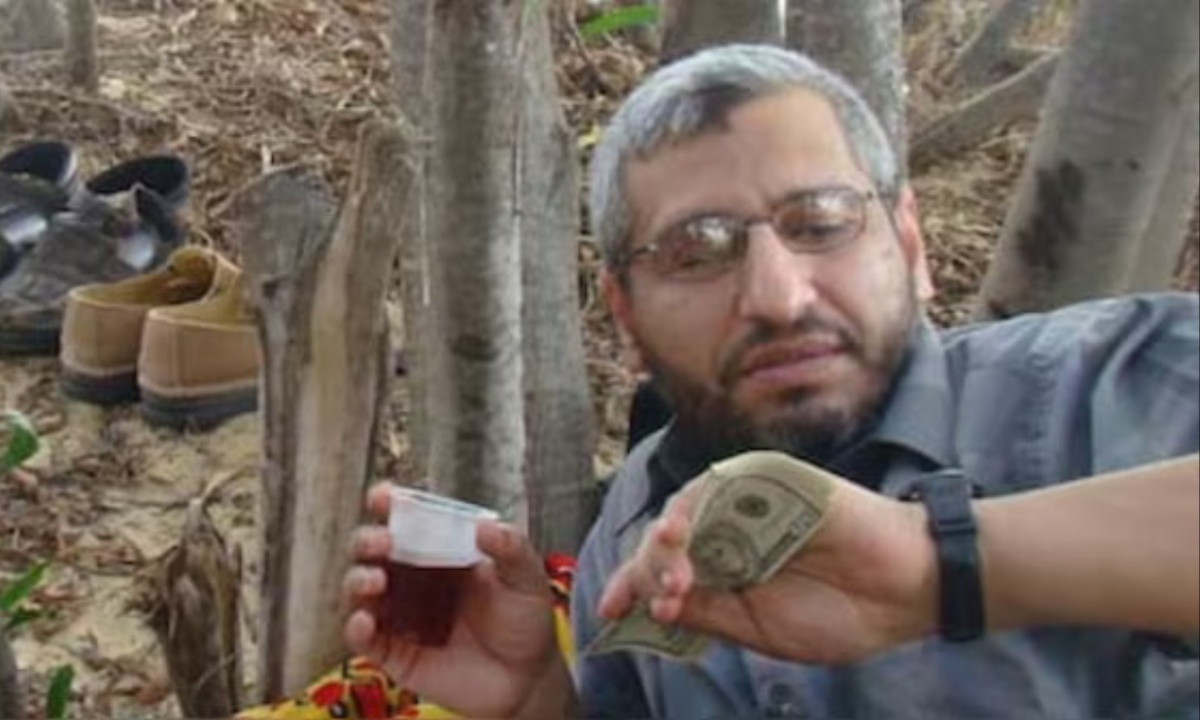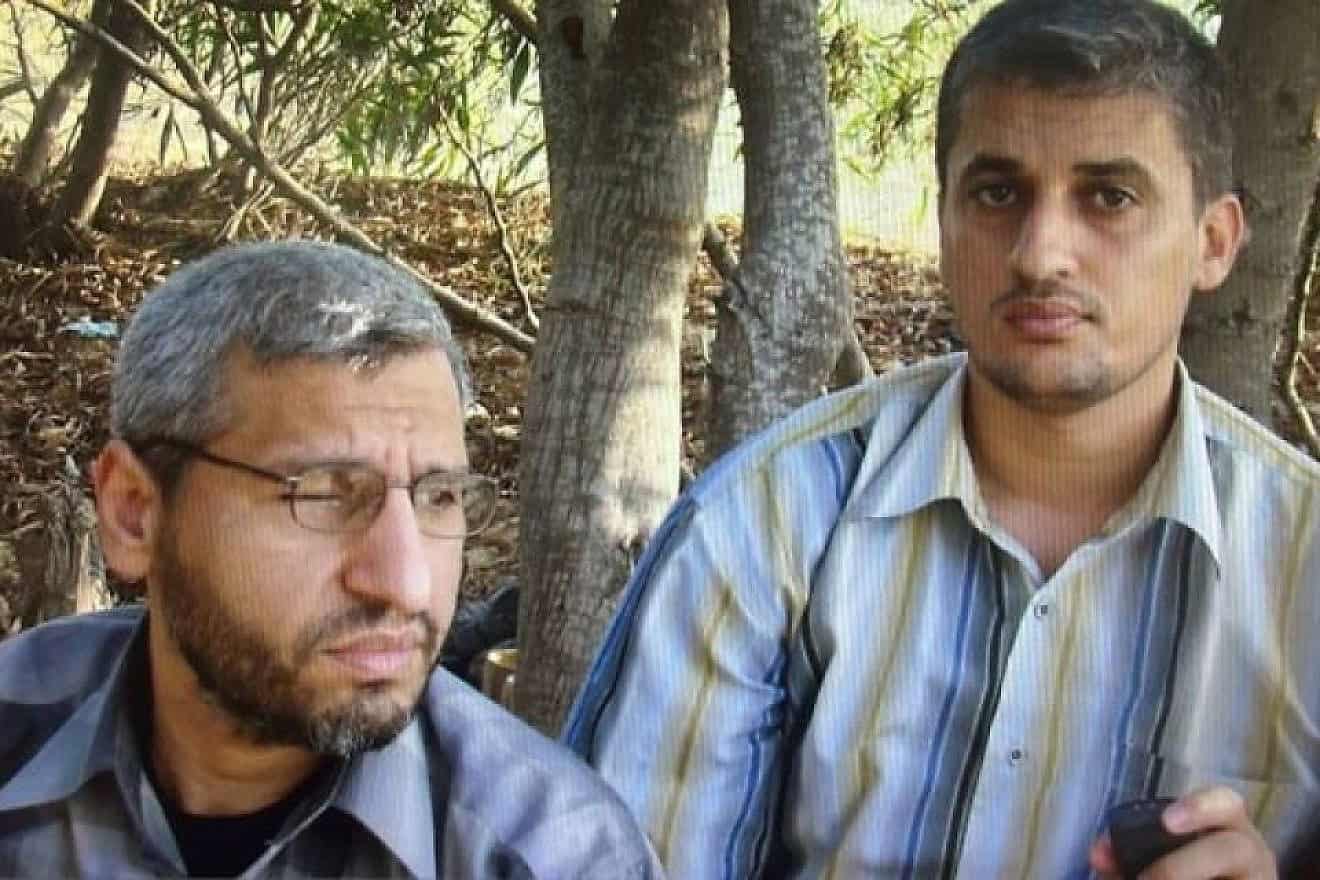The Israeli military has confirmed the death of Mohammed Deif, the leader of Hamas’ military wing, in an airstrike conducted in Gaza last July. This announcement follows a series of high-profile attacks, including the assassination of Hamas’ top political leader, Ismail Haniyeh, in Tehran. The recent escalations have led U.S., Egyptian, and Qatari mediators to work urgently to salvage cease-fire negotiations and prevent a broader regional conflict.
The confirmation of Deif’s death, coupled with previous assassinations of senior Hamas figures and Hezbollah commanders, has heightened tensions and complicated ongoing peace talks. The international community is concerned about the potential for an escalation into a full-scale regional war. Hamas has not yet commented on Deif’s death, and the group’s political bureau has deferred responsibility for confirming or denying the news to its military wing, the Qassam Brigades.

Israeli Airstrike Kills Hamas Leader Mohammed Deif, Heightening Tensions and Complicating Peace Efforts
Israeli Prime Minister Benjamin Netanyahu views the death of Deif and Haniyeh as a significant victory. He has asserted that these actions demonstrate Israel’s resolve to retaliate against those who harm its citizens. Netanyahu’s stance provides him with the option to either negotiate a cease-fire or intensify military operations, depending on the evolving dynamics of the conflict.
The ongoing conflict has severely impacted Gaza, with Israeli strikes killing thousands and displacing a significant portion of the population. The destruction and casualties continue to mount, exacerbating the humanitarian crisis. Amid the violence, Israeli hostages held in Gaza have led to protests in Tel Aviv, with families demanding a resolution and a return of their loved ones.
The killing of Hamas leaders has disrupted attempts at reaching a cease-fire, with mediators facing difficulties due to the sudden and violent changes. The assassination of Haniyeh, who was a key negotiator, has further complicated the situation, prompting frustration among Qatari and Egyptian officials who are trying to broker peace.
The situation remains volatile, with Iran and Hezbollah pledging retaliation against Israel. This has led to fears of a broader conflict, with Hezbollah’s leader promising a “well-studied retaliation” in response to the killing of their commander. The international focus is now on preventing further escalation and finding a path to peace amid the ongoing violence and geopolitical tensions.

